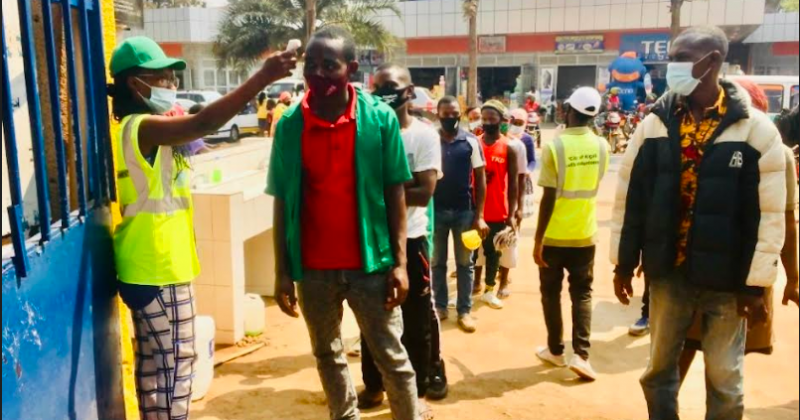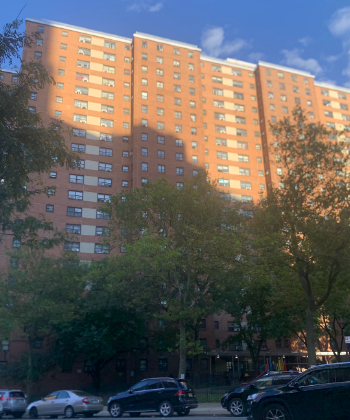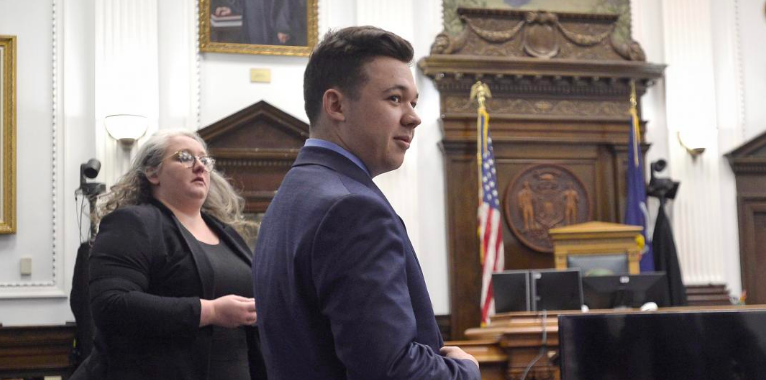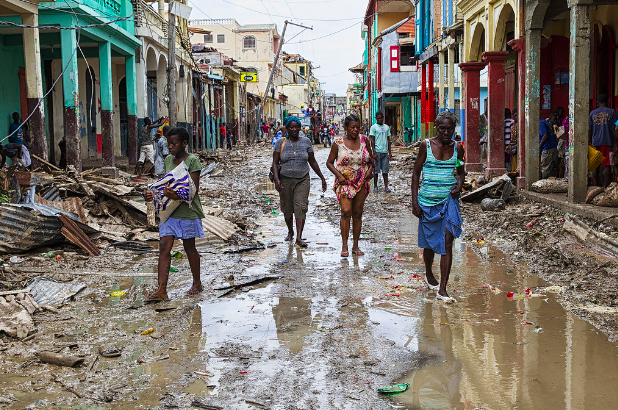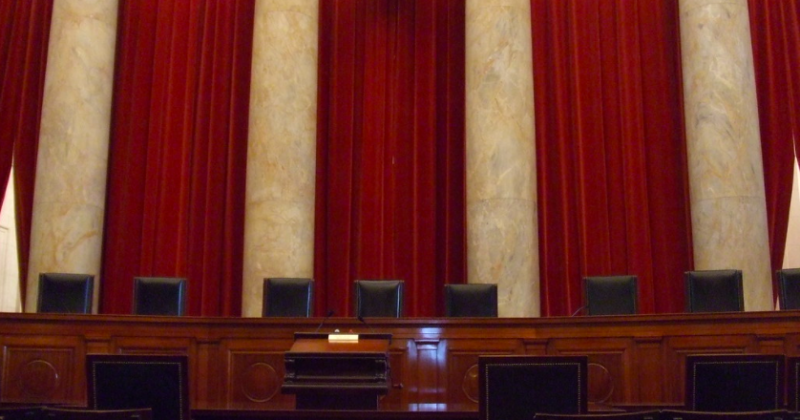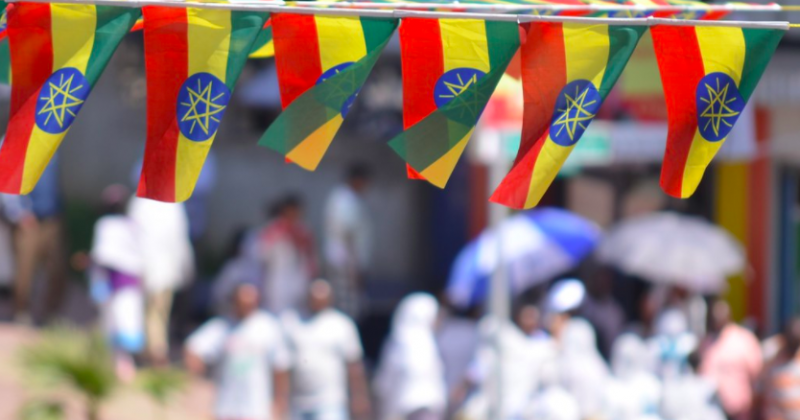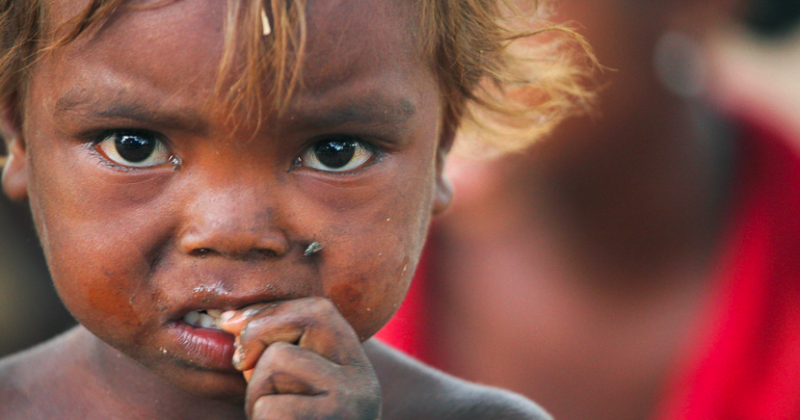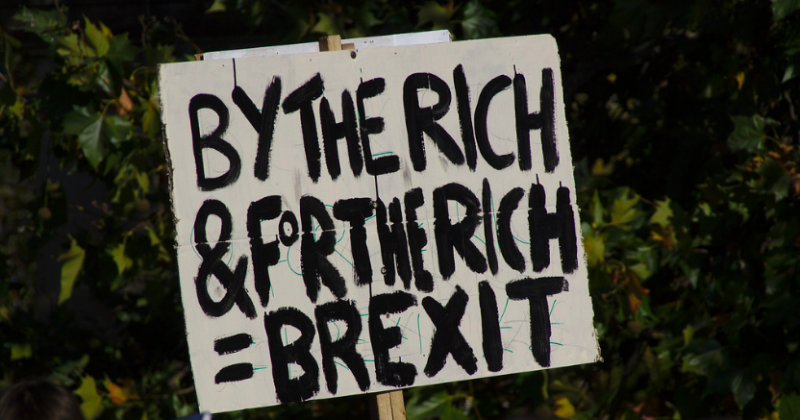
ECHR and Brexit: Putting the British Human Rights Law into Contex
By RightsViews Staff Writer Lindsey Alpaugh
On December 13th, Dominic Raab outlined a “sweeping overhaul” of the current Human Rights Act in the United Kingdom. Raab, who serves as Deputy Prime Minister, Secretary of State for Justice, and Lord Chancellor, said that “the reforms will strengthen “typically British rights” and add a “healthy dose of common sense” to the interpretation of legislation and rulings.” It was revealed earlier this year that Raab, said, “I don’t support the Human Rights Act and I don’t believe in economic and social rights,” in a previously unreleased tape from 2009.
The original piece of legislation was introduced in 1998, and permitted the European Convention on Human Rights to be implemented as domestic legislation. The legislation entails provisions including “basic rights to a fair trial, life and freedom from ill treatment - and protections against discrimination or unfair interference in private and family life.” The United Kingdom was the first signatory to that convention. Additionally, the United...

